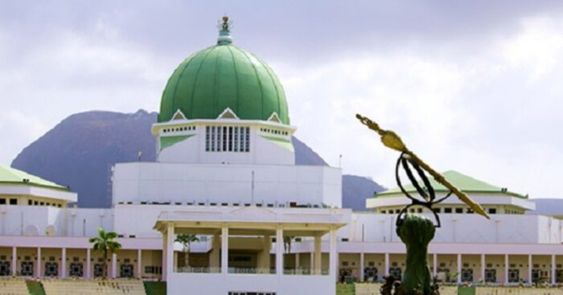Headlines
BREAKING: NASS: N2.17 trillion 2023 Supplementary Budget approved

After a third reading, the National Assembly approved the N2.17 trillion 2023 Appropriations Bill on Thursday.
Following a third reading, the N2.17trn 2023 Supplementary Appropriations Bill was approved by the Senate and the House of Representatives on Thursday.
Prior to the bill’s approval, the Senate accepted the report from the synchronised sessions of the red and green chambers regarding the 2023 Supplementary Appropriations Bill, which was provided by Senator Solomon Olamilekan Adeola (APC Ogun West), the chairman of the Appropriations Committee.
Legislators claimed the bill is for the good of the nation, and it quickly passed both the upper and lower chambers.
The National Assembly was contacted by President Bola Tinubu to request passage of a supplementary budget for 2023 totaling N2,176,791,286,033, which would be used for security, labour pay adjustments, and other purposes.
Additionally, the President forwarded the Fiscal Strategy Paper and Medium Term Expenditure Framework (MTEF) for 2024–2026 to both houses of the National Assembly.
The Senate just approved a N819 billion bill that included a N500 billion palliative package.
Tinubu had stated that in order to implement more palliative measures, such as pay awards, the supplemental bill was required. The N2.1 trillion 2023 supplemental budget was agreed by the Federal Executive Council (FEC), which is presided over by the President, on Monday.
On Tuesday, lawmakers started debating how urgent it is to enact the supplemental budget as soon as possible. The lawmakers recognised the necessity to prioritise addressing the critical requirements of the populace as well as emergency areas, such as infrastructure, insecurity, labour demands, and student loans totaling N5.5 billion and N210 billion, respectively.
